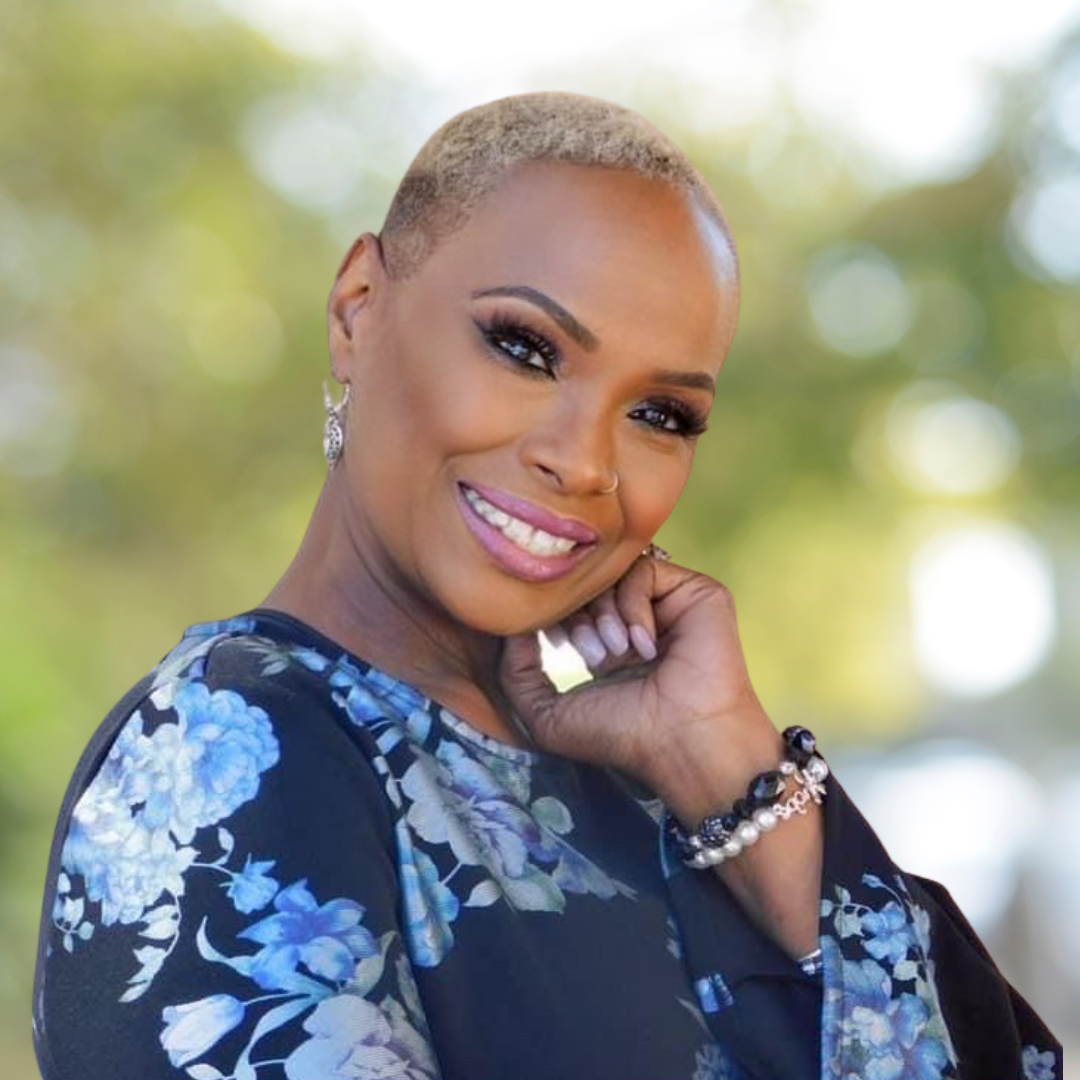Relational Sanity: How to Set and Maintain Healthy Boundaries in Relationships
Ever felt drained by someone else’s demands—or like your needs get lost in the noise? Healthy boundaries in relationships are not just rules—they are lifelines. At Sanity Center in Peoria, Arizona, we understand setting boundaries can feel overwhelming. But it's a skill anyone can learn.
Whether you're dealing with family, work, or romantic issues, this guide will help. It shows how setting boundaries improves your emotional safety and relationship health.
Our therapists in the West Valley—serving Peoria, Glendale, Surprise, Avondale, Goodyear, and beyond—see how unclear boundaries harm mental health. Boundary work is not about building walls—it's about creating space for self-respect and mutual respect. This article offers practical steps to define, communicate, and maintain your boundaries.
By prioritizing relationship boundaries, you're not just protecting yourself. You're also inviting healthier, more authentic connections into your life.
Key Takeaways
Healthy boundaries in relationships protect your emotional energy and foster trust.
Setting boundaries requires clarity about your needs and the courage to communicate them.
Boundary work strengthens relational health by honoring both your needs and others’.
Therapists at Sanity Center help clients translate values into actionable relationship boundaries.
Relational sanity starts with small, consistent steps toward respectful communication.
Understanding the Foundation of Healthy Relationships
Building strong relationships starts with understanding the core principles that keep them thriving. Relationship psychology teaches us that balanced relationships require trust, respect, and mutual effort. At Sanity Center, we know that healthy relationship foundation begins with self-awareness—recognizing your needs and learning to express them without fear.
The Psychology Behind Balanced Relationships
Healthy connections aren’t just about emotions—they’re rooted in how we interact with others. Relationship psychology highlights that boundaries aren’t walls but guidelines that protect your mental wellbeing. When you neglect these limits, it can lead to stress, resentment, or even burnout. Our therapists work with you to uncover patterns from past experiences shaping your current relational habits.
Common Signs of Boundary Issues in Relationships
Feeling drained after spending time with certain people
Ignoring your own needs to please others
Difficulty saying “no” without guilt
Chronic resentment toward family or friends
Why Boundaries Matter for Mental Wellbeing
Your mental wellbeing and relationships are deeply intertwined.
Poor boundaries often lead to anxiety or depression because they leave you vulnerable to others’ demands. Imagine a plant without roots—it can’t grow strong. Similarly, without clear limits, relationships struggle to flourish. Our team helps you see how small changes in communication can nurture both your inner peace and connections.
Identifying Your Personal Boundaries
Building healthy relationships starts with knowing your own needs. Understanding yourself is the first step to knowing what feels right. Let's explore how to find your personal boundaries clearly and confidently.
First, explore the types of boundaries that matter most. Think of them like guidelines for how you want to be treated. Common categories include:
Physical: Comfort with touch, personal space, or shared living habits
Emotional: What you’re willing to accept from others (e.g., criticism, emotional labor)
Digital: Limits around texting, social media, or privacy online
Time: How you allocate energy to work, hobbies, and relationships
Next, notice your boundary patterns. Do you often say “yes” when you mean “no”? Do certain situations make you feel drained? These clues reveal how you currently navigate interactions. Journaling or reflecting on recent conflicts can highlight recurring themes.
Your past experiences shape these patterns too. Childhood dynamics or past relationships often influence how you set—or avoid—boundaries today. For example, someone raised in a chaotic household might over compromise to avoid conflict. This isn’t about blame—it’s about understanding how to rewrite old scripts.
At Sanity Center, our therapists guide you through this process. We help you connect dots between your history, current habits, and the changes you want. Whether you’re in Peoria, Glendale, or beyond, this self-discovery is the first step toward relationships that feel true to who you are.
How to Set and Maintain Healthy Boundaries in Relationships
Setting boundaries isn’t about building walls—it’s about creating space for mutual respect. Let’s break down the steps to setting boundaries that work for you:
Start small: Begin with low-stakes scenarios, like saying “no” to extra work tasks, to practice boundary techniques without pressure.
Use clear language: State your needs directly. Example: “I value our time together, so I’ll need to leave by 8 PM.”
Reinforce consistently: Maintaining boundaries means revisiting them calmly even when others push back.
Relationship boundaries require flexibility. Our therapists often see clients succeed by pairing firmness with kindness. When someone crosses a line, try: “I understand your perspective, but this is important to me.”
“Boundary enforcement isn’t about control—it’s about self-care,” says Dr. Elena Torres, a clinical director at Sanity Center. “We help clients practice these conversations in sessions until they feel natural.”
Remember: Boundaries evolve. Review your relationship boundaries monthly, especially after major life changes. At Sanity Center, we tailor boundary techniques to your unique situation—whether it’s workplace dynamics or family tensions.
Ready to take action? Schedule a session today to build a personalized plan with one of our Peoria-based therapists. Small steps today lead to lasting relational sanity.
Effective Communication Techniques for Boundary Setting
Healthy relationships need clear boundary communication. This is how you share your needs and get others to understand. At Sanity Center, we've seen how small changes in speaking can make a big difference. Let's explore three ways to boost your confidence in setting boundaries.
Using "I" Statements to Express Your Needs
Start with I statements to express your feelings without blaming others. Try saying things like:
“I feel overwhelmed when plans change last minute. Let’s agree on a heads-up time.”
“I need quiet time after work to recharge—can we talk first thing in the morning?”
These statements focus on your feelings, which helps avoid defensiveness. Our therapists teach you to ask for what you need instead of demanding it. This makes assertive communication feel more natural.
Navigating Difficult Conversations About Boundaries
When it's time for tough talks, have a plan:
Prepare: Write down what you need before the conversation.
Stay calm: Take deep breaths to keep your cool.
Use examples: “Last week, when… happened, I felt…”
Remember, being clear is more important than being perfect. Even awkward moments can teach you something new.
Responding to Boundary Violations Constructively
When someone crosses your boundary, respond calmly but firmly. Say: “This is important to me. Let’s find a way forward that works for both of us.” If the problem keeps happening, ask yourself if this relationship is good for you. Our therapists help you decide when to adjust your boundaries or if it's time to reevaluate the relationship.
“Even small changes in how you talk about limits can shift dynamics. We’ve seen clients rebuild trust by practicing these steps weekly,” says Dr. Elena Torres, a therapist at Sanity Center.
Using these tools will make you more confident over time. At Sanity Center, we customize exercises to fit your style. Whether it's family in Peoria or work in Glendale, every conversation is a chance to grow and learn.
Boundary Setting in Different Relationship Contexts
Healthy boundaries change based on who you're with. Let's explore how to set them for romantic relationship boundaries, family boundaries, workplace boundaries, friendship boundaries, and digital boundaries. Making small adjustments can greatly improve your well-being.
Romantic relationships: Discuss romantic relationship boundaries like chores, money, or alone time. For example, saying, “I need 1 hour weekly just for myself” helps define personal space.
Families: Family boundaries might mean changing old habits. Set clear rules for holidays or money to avoid past issues.
Work: Say, “Email after 7 PM is optional.” This sets workplace boundaries and prevents burnout and resentment.
Friendships: Friendship boundaries could be about not listening to gossip. Focus on respect over pleasing everyone.
Digital spaces: Digital boundaries include stopping work at a certain time or limiting social media. Your online habits impact real-life connections.
At Sanity Center in Peoria, our therapists help West Valley residents set boundaries that fit their lives. Whether you're dealing with family in Surprise or work in Avondale, we use local knowledge to guide you. Let's create boundaries that are both strong and adaptable—because every relationship is unique.
Conclusion: Creating Lasting Relational Sanity Through Boundary Work
Building relational sanity starts with setting and maintaining healthy boundaries. These boundaries are key to meeting your needs and values. At Sanity Center, we've seen how boundary work can change strained relationships into supportive ones.
By tackling challenges early, you can build trust and respect. This leads to lasting changes in your relationships. Our team in Peoria, Arizona, knows that setting boundaries gets better with time.
Many clients from Glendale, Surprise, and Avondale have found clarity through therapy. Our approach helps you balance caring for yourself and others. Boundary maintenance is about making progress, not being perfect.
Working with a therapist at Sanity Center, we create a plan just for you. This can reduce conflict and boost your self-esteem. Every step toward clarity strengthens your relationships and protects you from burnout.
If you're ready to improve your connections through boundary work, we're here to help. Let's talk about the changes you want to see. With our support, therapy can turn boundaries into bridges to deeper understanding and happiness.
Andrea Alfred, LMSW
Feeling it is time to set some boundaries for your relationships but not sure where to start? Why not go all in and truly get the personalized insight that you need! Andrea is AMAZING and accepting new clients now!
FAQ
What are healthy boundaries in relationships?
Healthy boundaries are limits you set to protect your emotional health. They ensure mutual respect. This allows for better communication and interaction, making sure your needs are met while respecting others.
How can I identify my personal boundary issues?
Reflect on how you feel in interactions with others. Feeling overwhelmed or resentful might mean your boundaries are being crossed. Writing down your feelings or talking to a therapist can help clarify things.
Why are boundaries important for my mental health?
Boundaries are key for mental health. They reduce stress and anxiety, helping you feel valued and in control. This leads to healthier, more rewarding relationships.
How do I start setting boundaries in my relationships?
First, figure out what you need and what your limits are. Use "I" statements to share these clearly. Be ready for resistance, but stay firm and kind. Give others time to adjust to your new boundaries.
What should I do when someone violates my boundaries?
If someone crosses your boundaries, speak up calmly but firmly. Share how you feel and restate your boundary. If it keeps happening, think about the relationship or seek a therapist's advice.
Can boundaries change over time?
Yes, boundaries can change. They adapt as your relationships grow or your needs shift. Regularly check your boundaries to make sure they still fit your current life and feelings.
What if I feel guilty about setting boundaries?
Feeling guilty about setting boundaries is normal, especially if you're used to putting others first. Remember, setting boundaries is healthy for you and your relationships. It's about your emotional freedom!
How do I communicate my boundaries without offending others?
Speak clearly and respectfully when sharing your boundaries. Be calm and avoid blaming. Explain how your boundaries will strengthen the relationship, making it a positive experience for everyone.
Cloud, H., & Townsend, J. (2017). Boundaries: When to say yes, how to say no to take control of your life (Updated ed.). Zondervan.
Link to bookGorman, L. (2021). The power of boundaries: How to create healthy relationships and protect your mental health. Health Communications.
Link to bookSmith, M., Robinson, L., & Segal, J. (2021). Setting boundaries in relationships. HelpGuide.org.
Retrieved from https://www.helpguide.org/articles/relationships-communication/setting-boundaries-in-relationships.htmJohnson, S. M., & Greenberg, L. S. (1985). Emotionally focused therapy for couples. Guilford Press.
Link to book
*For more information on boundaries or how you can connect with a licensed therapist you can relate to, visit The Sanity Center's website.



